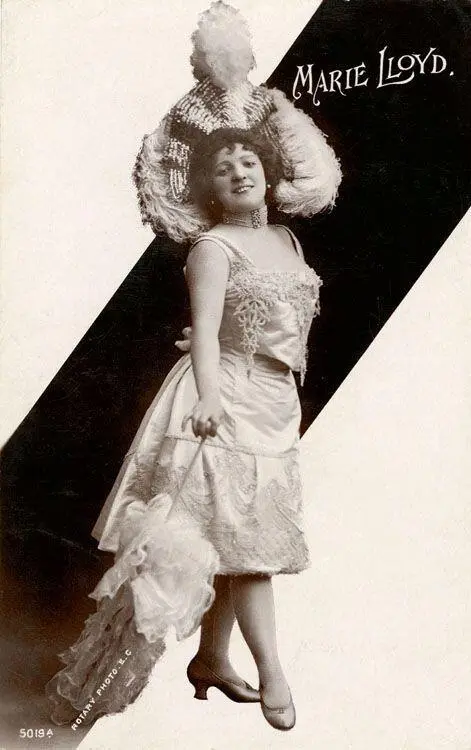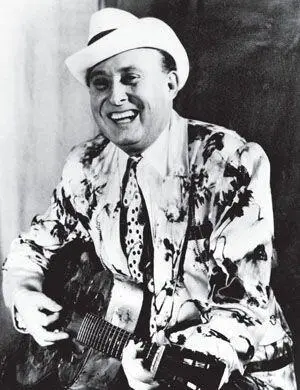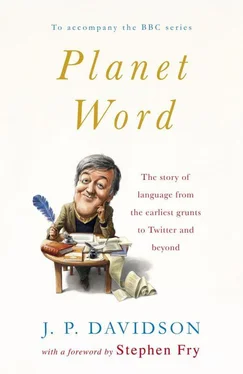‘People will ask for a bottle, and I’ve had people running around giving them bottles of lemonade, bottles of juice, bottles of water and actually what they want is a urinal, but it’s the common terminology — a gentleman will ask for a bottle.
‘ “Rose Cottage” is a terminology that we use for the morgue or the mortuary here. It’s kind of going out of fashion, but it’s a word that’s used throughout the NHS, and people tend to think it’s a nicer terminology. If you’re standing at the desk and you ring the porter and say, “I have a gentleman for Rose Cottage,” well, that tends to sound better than “One for the morgue”, doesn’t it? And in Paediatrics, they sometimes say, “I’ve got a little one for the Rainbow’s End.”
‘I’ve had a lady come in and she’s said, “You’ve lost him, what d’you mean you’ve lost him, have you got a search party out, where is he?” And we’re going, “No, no, no.” And the nurse was getting herself more and more in a pickle, simply because she thought she’d know what she meant. So I said, “I need you to sit down,” and I said, “Your husband has actually died.” And when I said that word, although it was very harsh perhaps, she actually understood what I meant.
‘I had a reasonably junior doctor and I think it was probably his first time breaking some bad news to the patient. He sat down with the lady, and I was there obviously to comfort. I knew what the bad news was. And he told her that she’d got a malignant tumour, and I remember, as a young nurse, thinking, oh, this lady’s taking it very well. She asked a couple of questions about treatment, and he said there’s not really any at this stage (I’m talking twenty-five years ago), and he quickly left the room, and I thought, gosh, if I’d been told that news and I was only thirty or thirty-five, I don’t think I’d be sitting there like she is. So I said, “Did you understand what the doctor said?” She said, “Oh, d’you know, I was really worried when he brought me in here that he was going to tell me I’d got cancer.” And I said, “Well, what do you think?” “Well, I’ve only got a malignant tumour.” And I suddenly realized that the key word for her was cancer . Because cancer hadn’t been heard … that’s what she needed, she needed to hear that exact word.’
Euphemisms, innuendo and double entendres have long been a mainstay of British humour. In the world of entertainment, they’ve allowed performers to keep their acts clean enough to escape censorship and everyone in the family to enjoy the comedy. While younger members take the statement at face value, older members can enjoy the more risqué meanings. Be it a Golden Classic — ‘A woman walks into a bar and asks for a double entendre, so the barman gives her one’ — or the unintentional bloomer — ‘Ah, isn’t that nice. The wife of the Cambridge president is kissing the cox of the Oxford crew’ (commentator Harry Carpenter at the 1977 Oxford — Cambridge boat race), innuendo does seem to be a particularly British obsession.
Shakespeare frequently used innuendos in his plays. Hamlet taunts Ophelia with sexual puns, referring to ‘country matters’ and Sir Toby in Twelfth Night , describing Sir Andrew’s hair, says ‘it hangs like flax on a distaff; and I hope to see a housewife take thee between her legs and spin it off’.

Marie Lloyd accompanied her songs with saucy winks and gestures
From the mid nineteenth century onwards, the music hall kept innuendo alive through an age of Victorian prudery. Queen of the music hall and the double entendre was Marie Lloyd, whose delivery of a song or a line (‘She’d never had her ticket punched before’) was accompanied by saucy winks and gestures. If her trademark parasol failed to open, she’d quip, ‘I haven’t had it up for ages.’ Lloyd locked horns with a Mrs Ormiston Chant of the Purity Party, who made a public protest against her from the stalls of the Empire music hall in London’s Leicester Square. In 1896, Lloyd was summoned to appear before the Vigilance Committee so that it could decide whether her songs were a threat to public morality. She sang two of her most famous songs — ‘Oh Mr Porter’ and ‘A Little of What You Fancy’ — without her usual winks and gestures, and the committee had to acquit her. The story goes that, after the demure performances, Lloyd stunned the room with a rendition of ‘Come into the Garden, Maud’, accompanied by an array of obscene gestures. Another story has Marie getting into trouble with her song ‘She Sits among the Cabbages and Peas’. She continued to sing it but merely changed the lyric to ‘She sits among the cabbages and leeks.’
On a visit to the United States, Lloyd explained her style in an interview with the New York Telegraph : ‘They don’t pay their sixpences and shillings at a music hall to hear the Salvation Army. If I was to try to sing highly moral songs, they would fire ginger beer bottles and beer mugs at me. I can’t help it if people want to turn and twist my meanings.’
More than 100,000 people attended Lloyd’s funeral in London. One of her fans, the poet T. S. Eliot, described her death as ‘a significant moment in English history’. As London correspondent of the Dial magazine, he wrote: ‘No other comedian succeeded so well in giving expression to the life of the music hall audience, raising it to a kind of art. It was, I think, this capacity for expressing the soul of the people that made Marie Lloyd unique.’
Cheekie Chappie Max Miller dominated the music halls from the 1930s to the 1950s, at a time when the office of the Lord Chamberlain was busy censoring plays and scripts for lewdness. Max Miller never swore on stage or told a dirty joke but he took innuendo to new heights of vulgarity. He got round the censors by carrying two pocket books on stage with him, one white and one blue. He’d explain to the audience that they were joke books and asked them to choose which one they’d like. If they chose the blue one, the one with all the risqué jokes, it was their own choice. He’d look off stage as if checking to see if the manager was there today, then he’d beckon to the audience and get on with the rude stuff.
Miller often used ‘mind rhymes’, which left the audiences to fill in the blanks.
When roses are red
They’re ready for plucking;
When a girl turns sixteen
She’s ready for … ’ere!
He’d then say, ‘I know exactly what you are saying to yourself, you’re wrong, I know what you’re saying. You wicked lot. You’re the sort of people that get me a bad name!’
Max eventually got into trouble with his live BBC radio broadcasts. He was taken off air in 1944 during an unscripted gag about a mountain pass, a girl and a blocked passage and banned for five years.

Cheeky Chappie Max Miller, dominated the music halls of the 1930s–1950s, taking innuendo to new heights
In 1949, the BBC produced ‘The Little Green Book’, a guide for comedy writers, performers and producers about what was off limits. Under the heading ‘Vulgarity’, it announced: ‘Programmes must at all cost be kept free of crudities, coarseness and innuendo … There is an absolute ban on the following: jokes about lavatories, effeminacy in men [and] immorality of any kind.’ Also forbidden were ‘suggestive references to honeymoon couples, chambermaids, fig leaves, prostitution, ladies’ underwear (e.g. winter draws on), animal habits (e.g. rabbits), lodgers and commercial travellers’. ‘Extreme care’ should be taken with jokes about ‘pre-natal influences (e.g. his mother was frightened by a donkey)’. Expletives such as ‘God, Good God, My God, Blast, Hell, Damn, Bloody, Gorblimey and Ruddy’ were to be deleted from scripts and ‘innocuous expressions substituted’. Chinese laundry jokes ‘may be offensive’ and jokes like ‘enough to make a Maltese Cross’ were of ‘doubtful value’. Derogatory references to ‘Negroes as Niggers’ was not allowed but ‘Nigger Minstrels is allowed’.
Читать дальше














